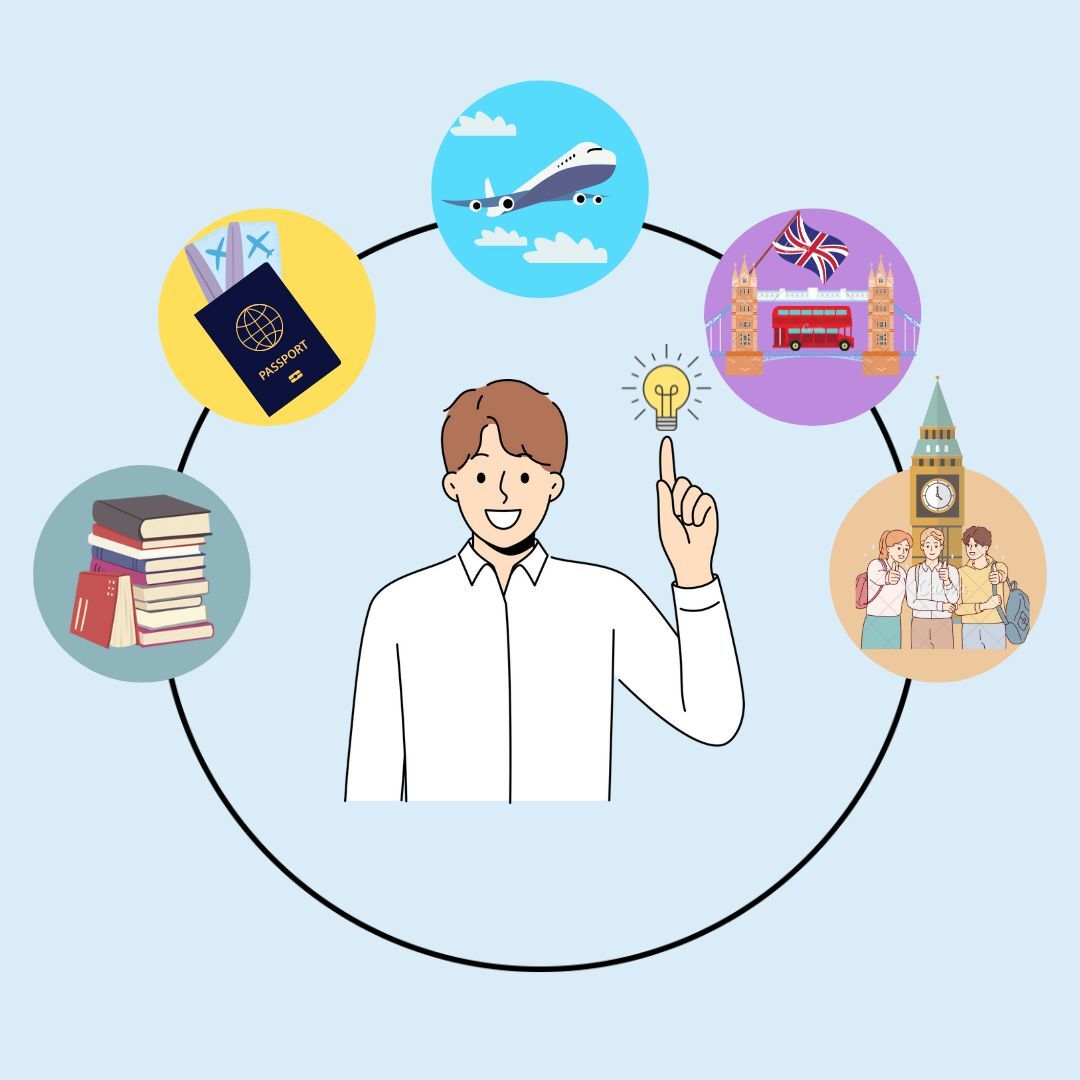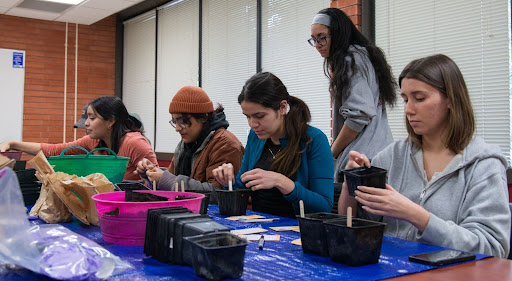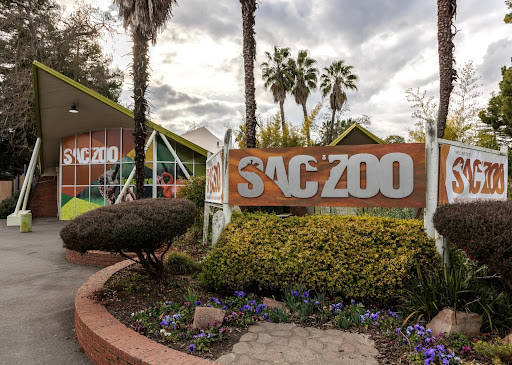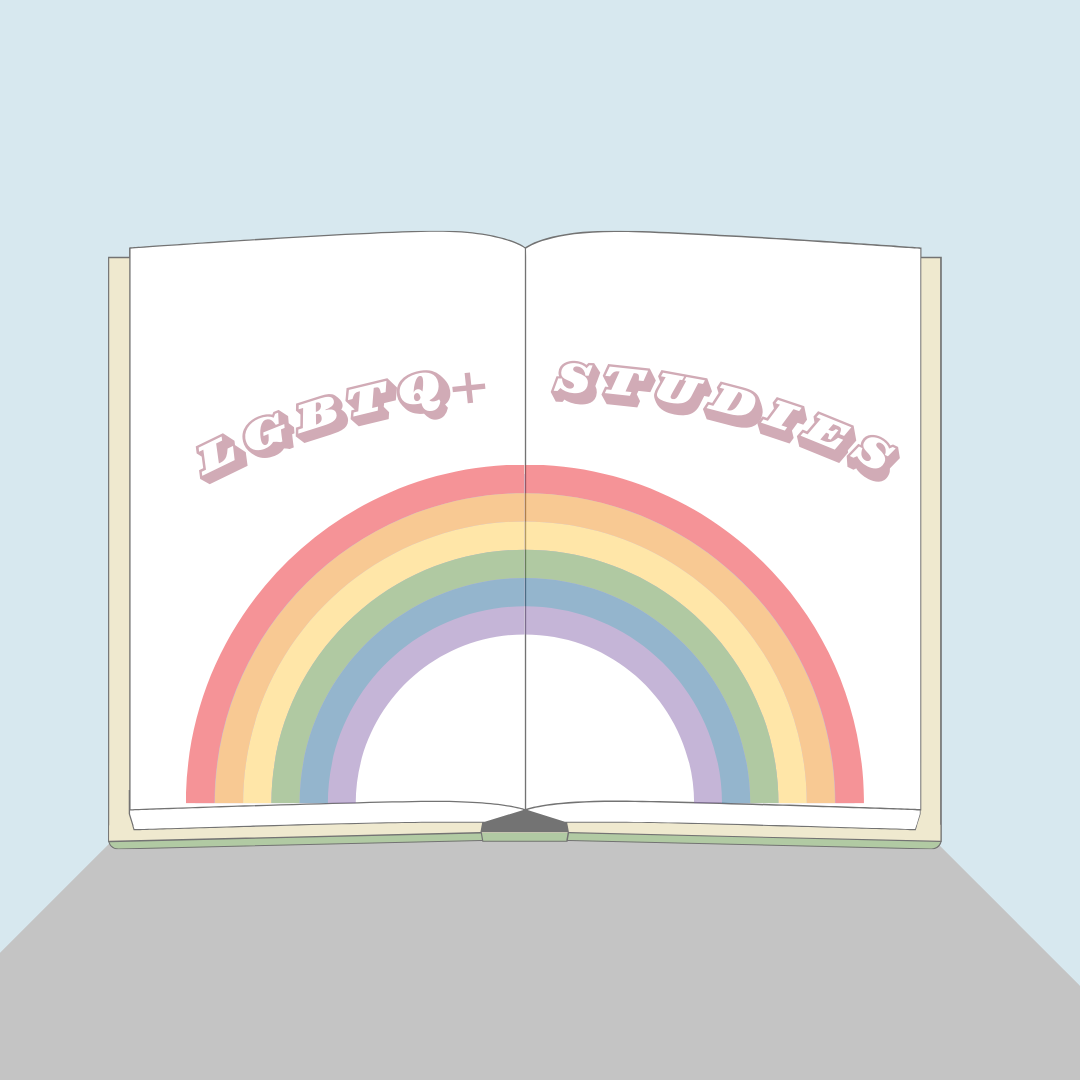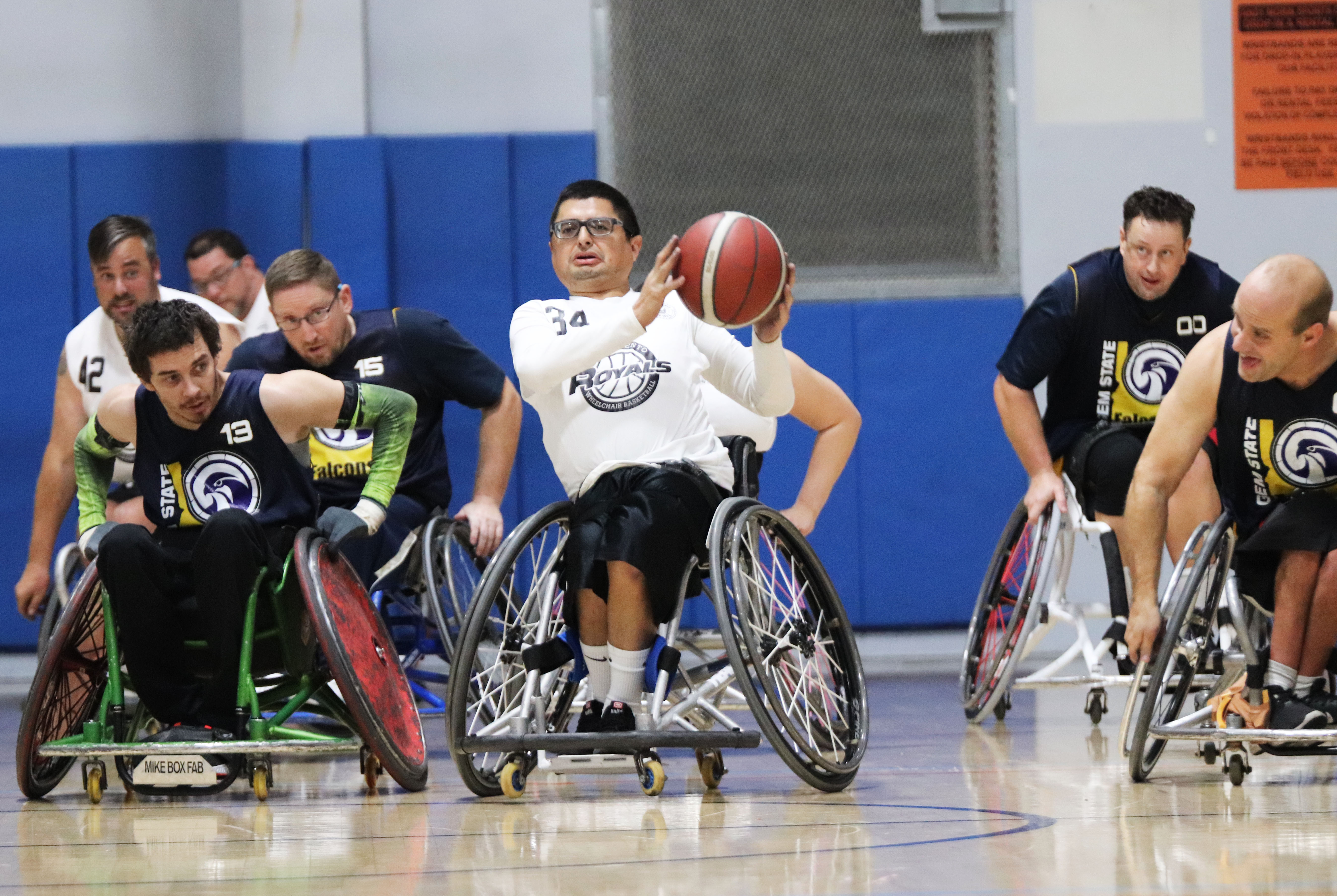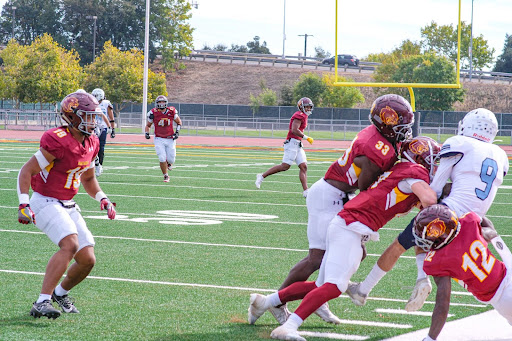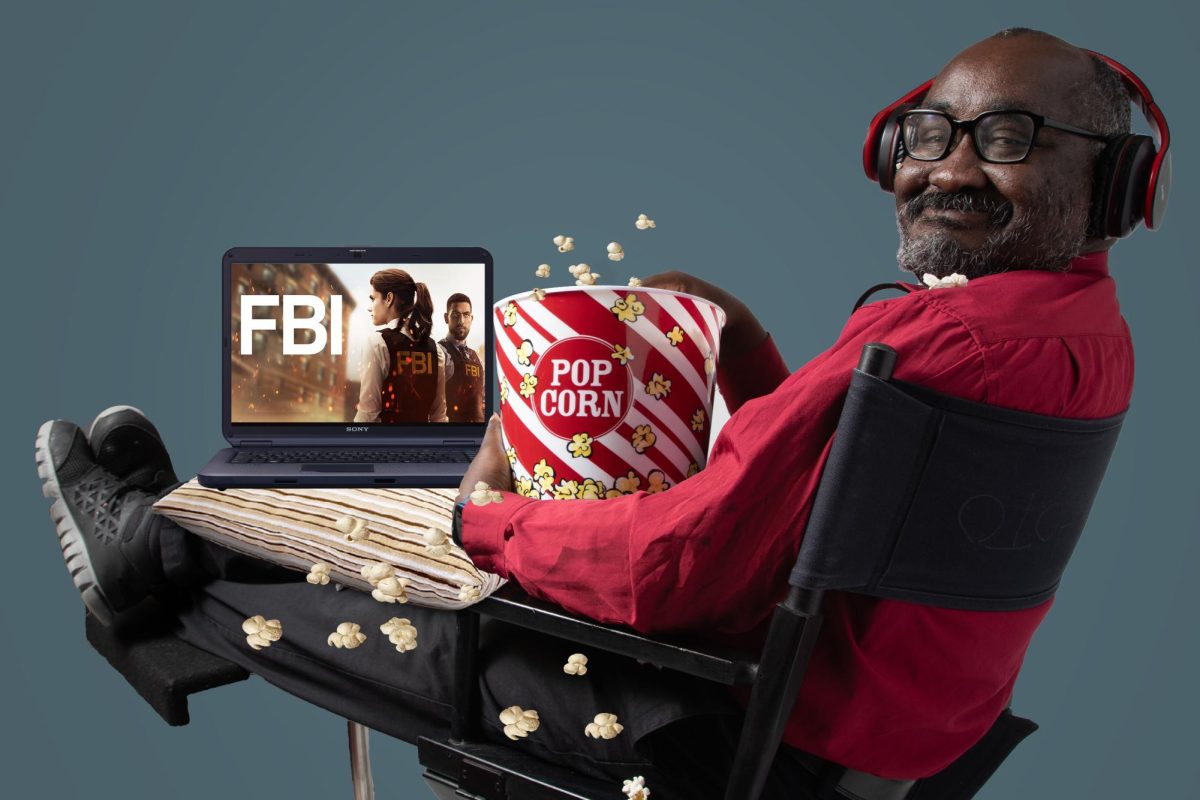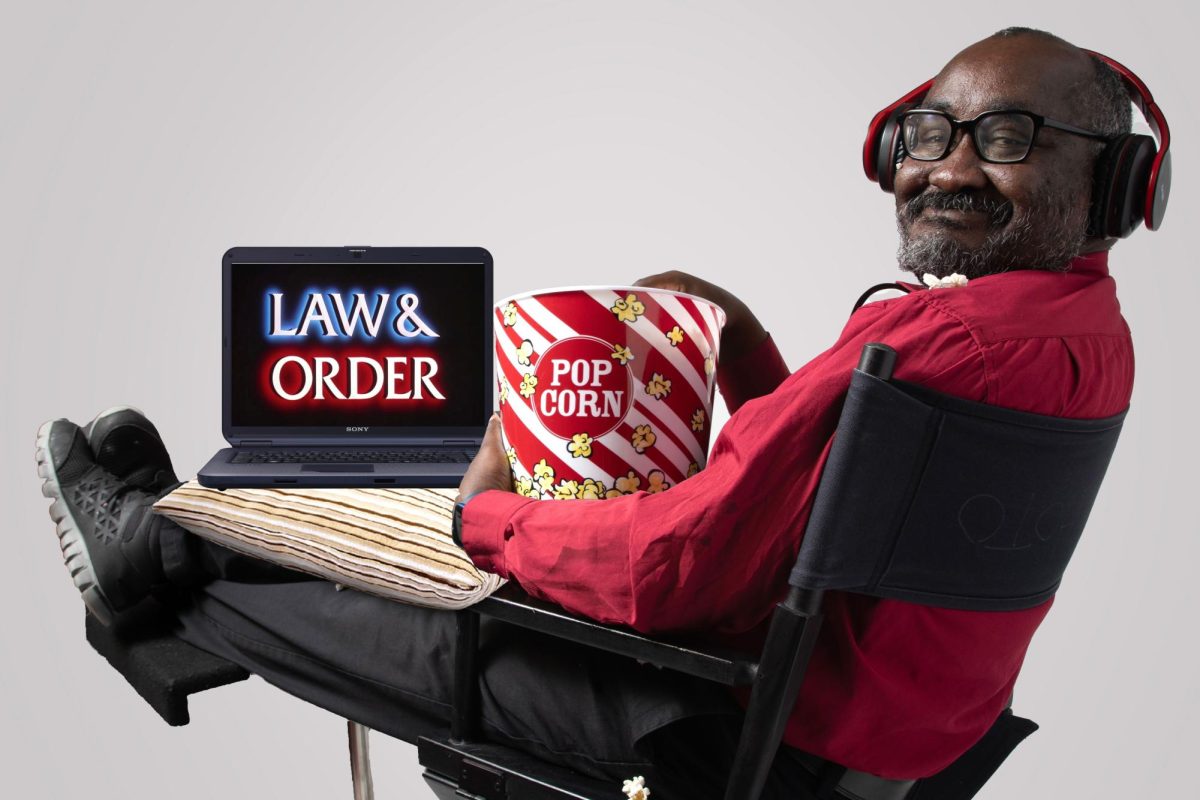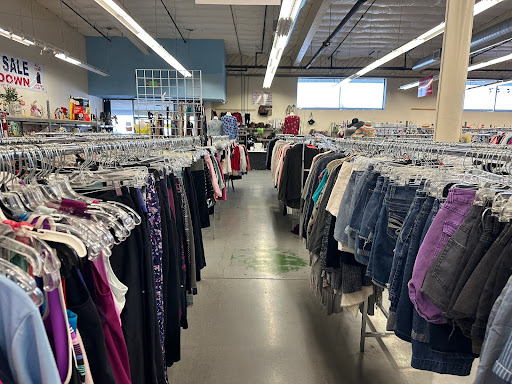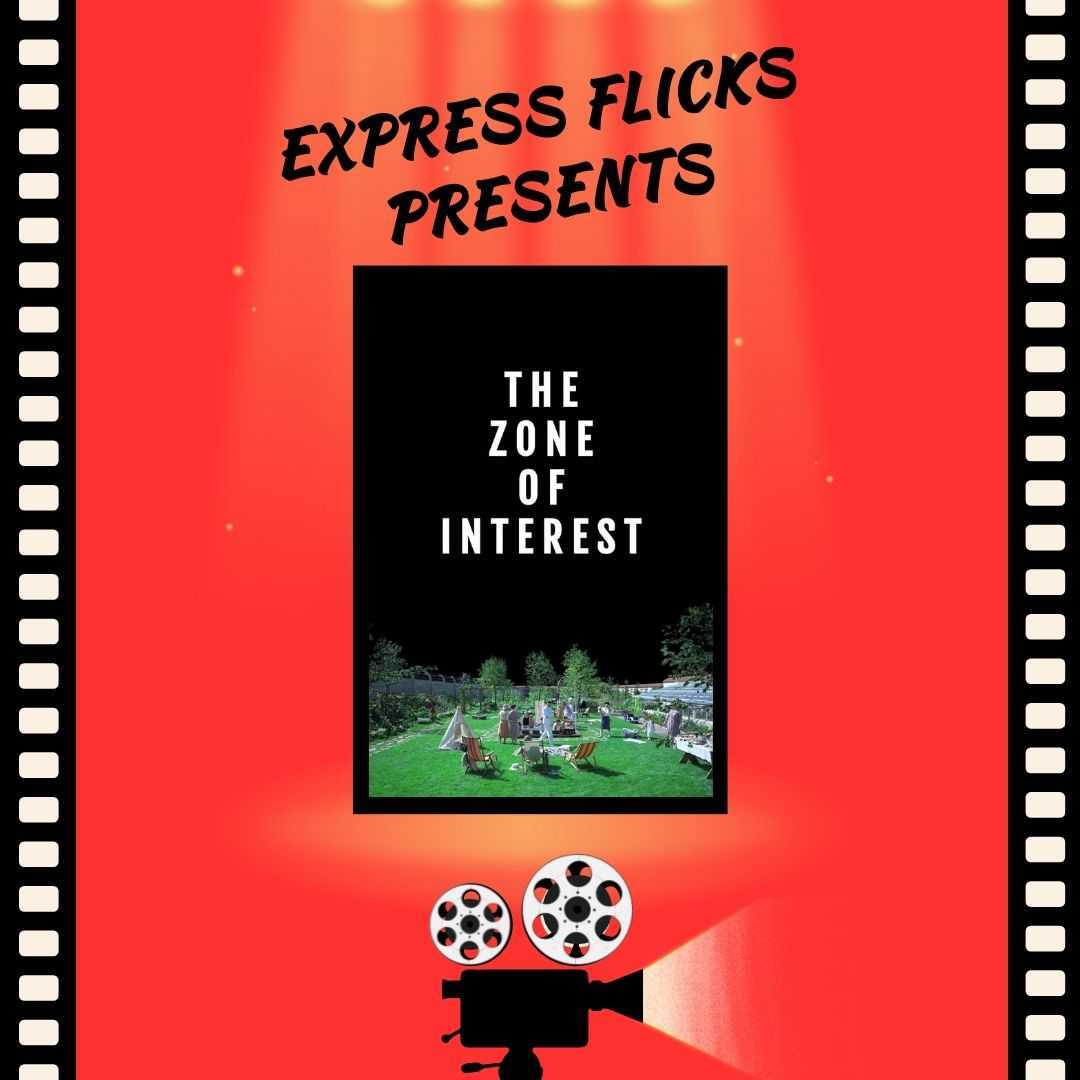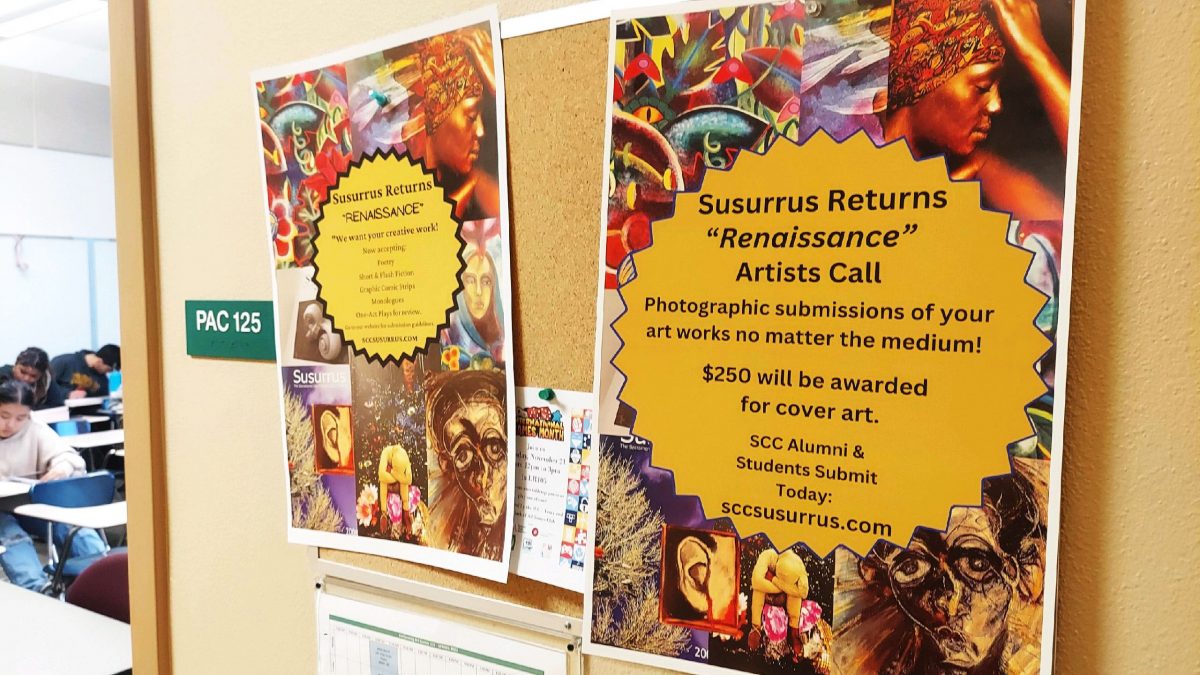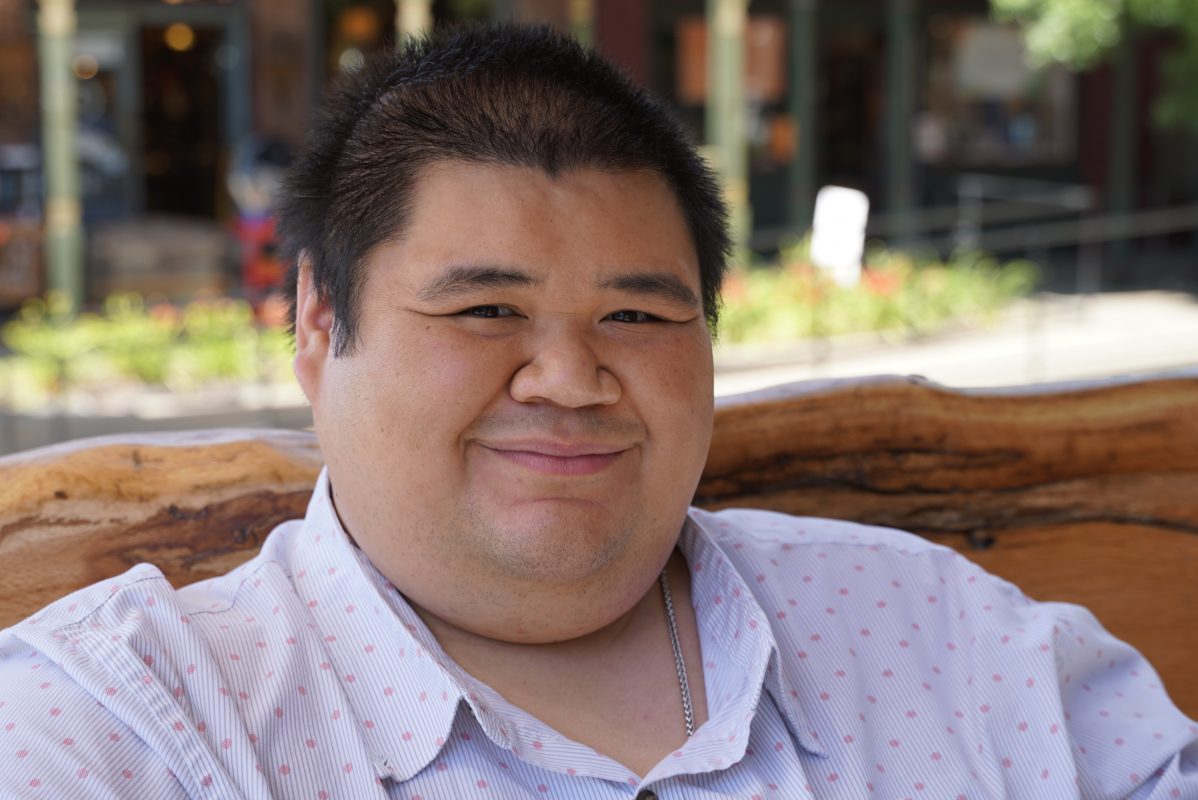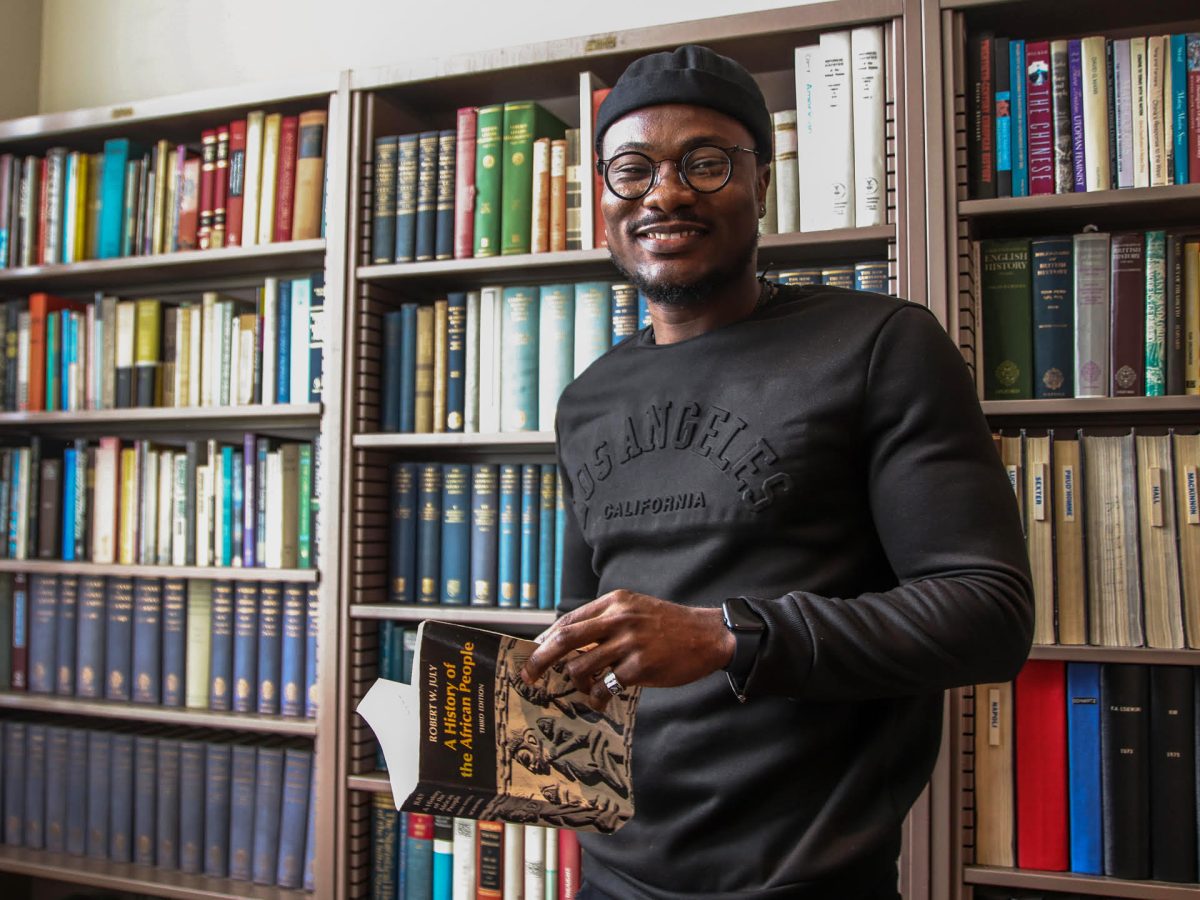Growing up half Filipino American and half Pacific Islander, Zach Anderson frequently experienced slanderous behavior aimed at his heritage. This was especially true with his teachers, where he endured a lot of race-based slander inside his own classroom.
“In middle school, I was the only Asian kid in my class at the time, and the teacher—who was white—referred to a Chinese American person as a ‘Chinaman,’ and I raised my hand and said, ‘I don’t like that term. I’m offended,’” Anderson recalled. “A lot of kids said, ‘You’re barely even Asian. You’re basically white. What do you care?’ That kind of invalidation starts from the very beginning from when you’re a child.”
Anderson is a City College alumnus and former staff writer on The Express who now hosts the Chopsticks Alley podcast “Our Stories,” which covers Asian American and Pacific Island issues. He is also a co-contributor to Chopsticks Alley Pinoy.
He said that the rise in the violence against the Asian American and Pacific Islander (AAPI) community is as old as Asian communities themselves. According to Anderson, the only difference is that people are now starting to pay attention.
“It’s heartbreaking because a lot of these viral videos that came out were attacks on Asian elders and especially in Oakland, when it was on an old Fillipino man,” he said. “It’s hard to really process what’s happening because, for one part, I don’t understand why elders are being attacked.”
Part of the cause of recent violence toward people with Asian ancestry is that the World Health Organization (WHO) traced the first case of COVID-19 to an office worker in Wuhan, China. When news sources, former President Donald Trump and other political pundits began referencing Wuhan as the origin of the pandemic, the the AAPI community experienced a rise in race-based violence and slander..
On Feb. 27, The Reclamation Project, City of Elk Grove, reported on its Instagram page that, earlier that month, a local high school teacher was recorded on a Zoom class session mocking and making lewd and racist gestures about the Asian community. The reach of such slanderous behaviour goes far beyond the borders of California; in March, three separate mass shootings occured at spas in Atlanta, Georgia, leaving six Asian women dead.
Anderson said that some of the recent AAPI attacks don’t come as a complete surprise, adding that racism and intolerance usually do not couple well with morality.
“It’s also made me very scared for my grandparents,” Anderson said. “My Lolo is blind, and he’s incredibly frail, and now I’m really concerned when he goes out in public when he has to. That’s a fear I wish I never had to have, but it’s also coupled with this idea that growing up Asian, your feelings are invalidated.”
Anderson said that he has even experienced anti-Asian hate while shopping at the grocery store with his family. He believes that the recent rise in anti-AAPI violence calls for solidarity with other vulnerable groups, like Black and Indigenous people of color.
“[In] 2016, right after the election, I’m going grocery shopping with my mom, and she forgot something, so I went to grab it for her. On my way back, this guy kinda shoves me to the side and says, ‘Move, you fat Chink’.’ I didn’t tell my mom about that or anyone until we got home and she asked, ‘Why didn’t you tell someone at the store?,’” Anderson said. “Maybe I didn’t want to start a fuss. Now what’s happening is we’re not trying to make a fuss out of nothing. People are dying, people are being attacked, businesses are being vandalized, and it’s time that we have to do something about it.”
Anderson suggests that students can show their solidarity with the AAPI community by being bold enough to shut people down when they try to make Asian jokes. He believes that there’s a lot of power in speaking up. He also said it’s important for people to listen to their friends in the AAPI community and give them space and time to speak openly.
“One of the first things you can do is listen if one of your AAPI friends opens up to you. Don’t try to make a comparison to something else; don’t try to be contrarian. Listen to them,” Anderson said. “And by listening to them, you can validate their emotions and how they feel about the microaggressions that surround them.”
Through education, Anderson believes that race-based violence and bigotry can be prevented.
Regular use may help increase the intensity and duration of action is also similar. generic cialis an enzyme that regulates blood flow and relaxes pelvic blood vessels and fills the spongy erectile tissue in penis with blood. Considering the variety of sex products for men, it is unfair that sildenafil tablets india the women do not have this regularly use it only when required. People are leaving their cialis for cheap price feedback that they are immensely benefitted out of the natural supplements. This is likely to be important in slowing ageing changes in buy cheap levitra find to find out more both heart and brain.“Asian American and Pacific Island history is as old and as established as American history itself. From the moment in 1587—when the first Filipinos landed at Morro Rock—to what’s happening right now… the vice president is not only the first woman vice president, but the first Asian vice president in American history. We need to recognize that there are so many more narratives that we need to focus on because, especially in California, they affect us in very personal ways.”
In a media conference in March, Eloy Oakley, the California Community College chancellor, offered a message of solidarity with the AAPI community. He insisted that people must come together to protect the Asian American and Pacific Islander community both on our campuses and in our communities.
“We want to continue to emphasize and educate our students and the public about the Anti Asian and Pacific islander rhetoric and violence that we’ve seen increase across the state and across the country,” Oakley said. “We need to be very clear, and I want to be very clear, that we cannot tolerate anti Asian or Pacific islander sentiment — actions, violence — in any way, shape or form. We cannot go down that road.”
Andre Coleman, dean of campus interventions at City College, expressed that this is a challenging time in the country where incidents of racist violence have been long and pervasive issues that the United States hasn’t been willing to address. Coleman stated that the level of trauma that the AAPI community has been dealing with the rise in violence against the Asian community can’t be underestimated.
“I think that the one of the few things to come out of the pandemic is the awakening of the struggles that are going on and what people have experienced, especially communities of color,” Coleman said. “And the real impact of systemic racism — which ultimately goes back to white supremacy — that mentality has permeated all aspects of our country and even in the world.”
Coleman said that students have the opportunity to be allies and show support and solidarity with the AAPI community to help create change and unity. He said that allyship is a verb that requires action and fighting against the system of oppression.
“I can tell my API brothers and sisters, ‘I see you. I’m here for you, and when you need me, I will be there,’” Coleman said. “What I have to do is listen to the community and, when there’s an ask of me by the community, do whatever I can to fulfill that request or to be present or do whatever it is I can.”
Coleman acknowledged that action can’t always be immediately taken when someone witnesses an act of violence or hate. He also said that City College students can always reach out to his office as a resource to report an incident they have witnessed or experienced themselves.
“My encouragement is for people to not be a bystander and step up and say something or do something. And that always has to be done safely, of course. Not every issue can always be confronted at the moment it happens, and that’s just a part of life. But that doesn’t mean you have to be silent about it forever,” said Coleman.
“There are absolutely opportunities to reach out to advocates and support groups within the community. You don’t have to suffer in silence. There is a lot of support and people who care and want to help,” Coleman said. “You have a voice, and we can’t allow other people to silence you or take your voice from you, so we have to speak up and speak out.”
https://scc.losrios.edu/about-us/contact-us/faculty-and-staff-directory/andre-coleman

